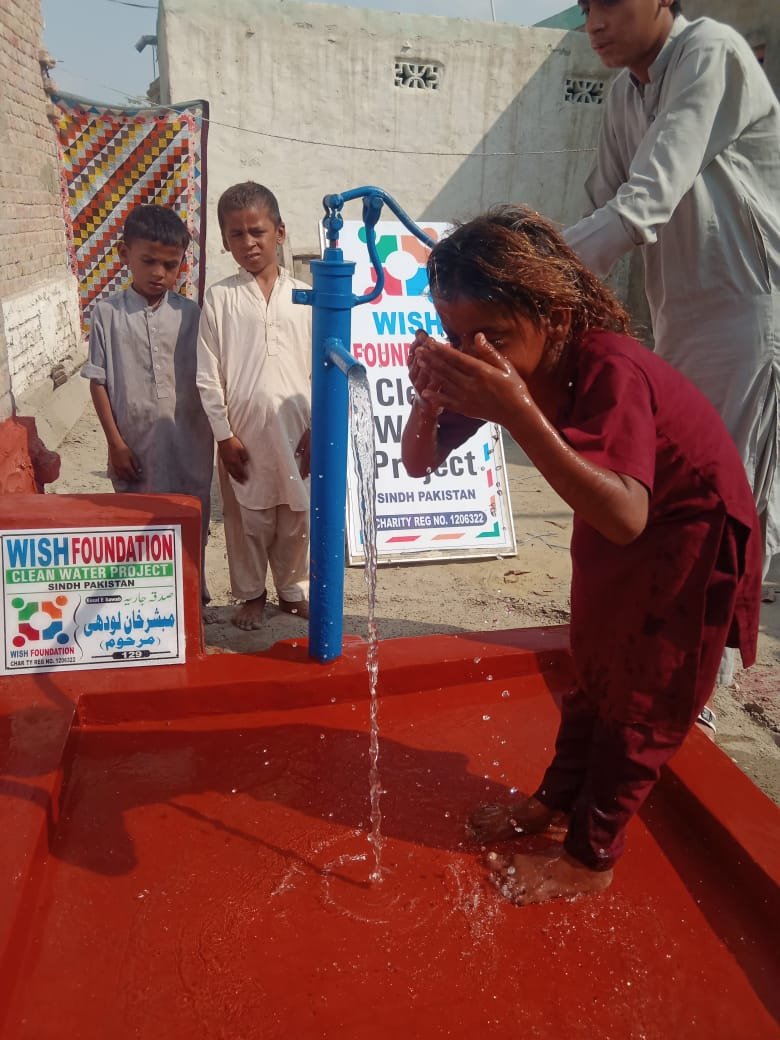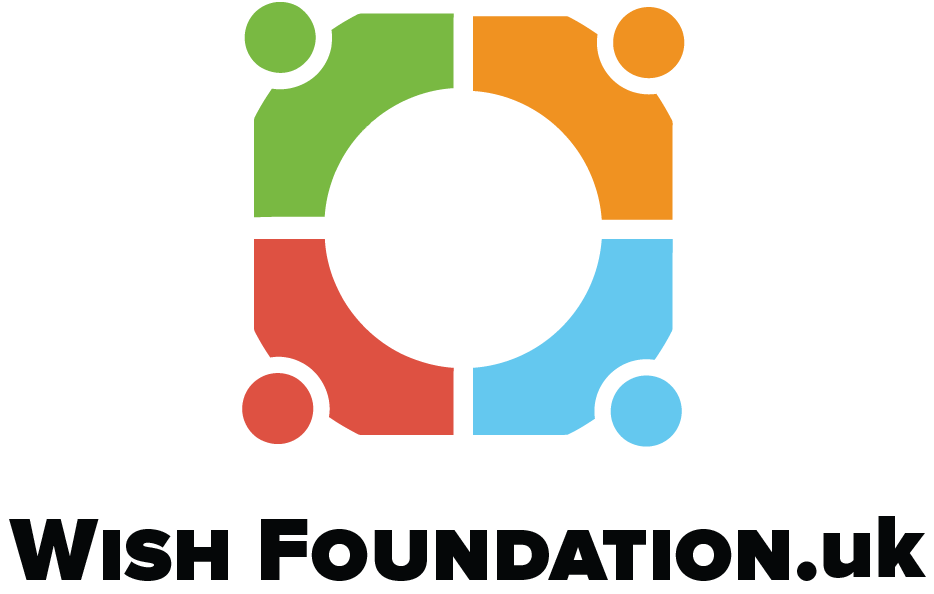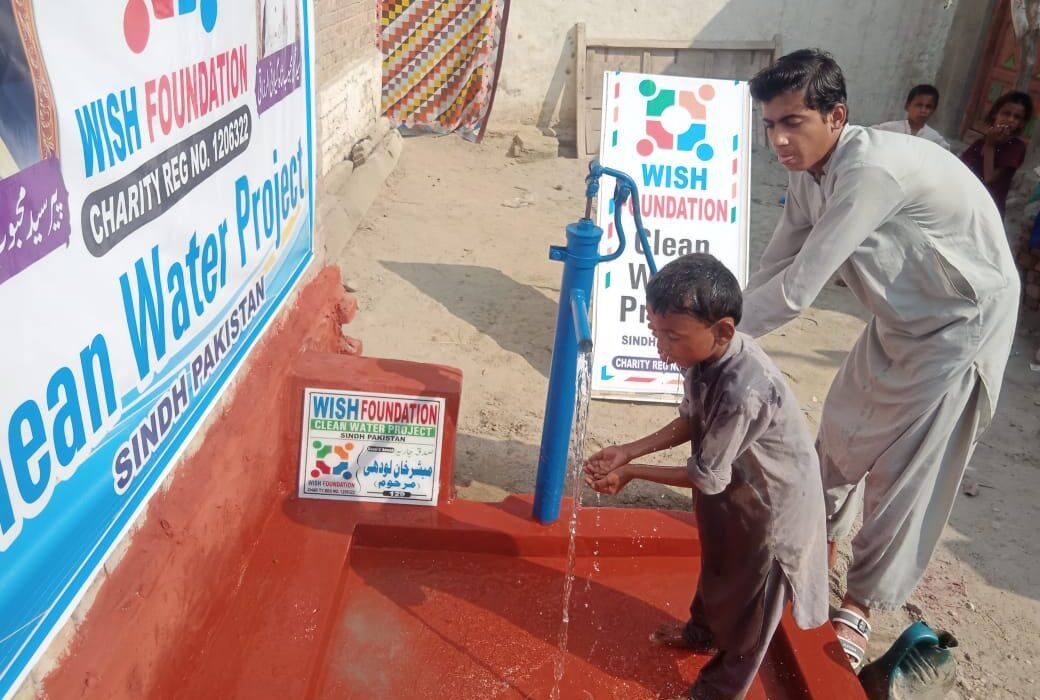Clean water is essential for human health, environmental sustainability, and economic development. Access to safe drinking water is a fundamental human right, yet millions of people worldwide still lack reliable sources.
Contaminated water can lead to a host of waterborne diseases, including cholera, dysentery, and typhoid, disproportionately affecting vulnerable populations, especially children. Clean water is vital not only for drinking but also for sanitation, hygiene, and food preparation, impacting overall quality of life.
The challenges to achieving universal access to clean water include pollution from industrial waste, agricultural runoff, and inadequate sanitation facilities, which compromise water quality. Climate change further exacerbates these issues, leading to droughts, floods, and altering water availability.
Solutions to ensure clean water access include investing in infrastructure for water purification, treatment facilities, and sustainable management of water resources. Rainwater harvesting and efficient irrigation practices can help communities cope with water scarcity.
Education on water conservation and hygiene practices is crucial in fostering a culture of sustainability. Ultimately, ensuring access to clean water not only improves health outcomes but also supports economic stability and community resilience, making it a cornerstone of sustainable development initiatives globally.
Innovative Clean Water Projects Making Waves Around the World
- Highlighting successful clean water initiatives from various countries, showcasing their impact and innovative approaches.
The Role of Community-Led Water Projects in Sustainable Development
- Exploring how local communities are taking charge of clean water initiatives, emphasizing the importance of local knowledge and involvement.



